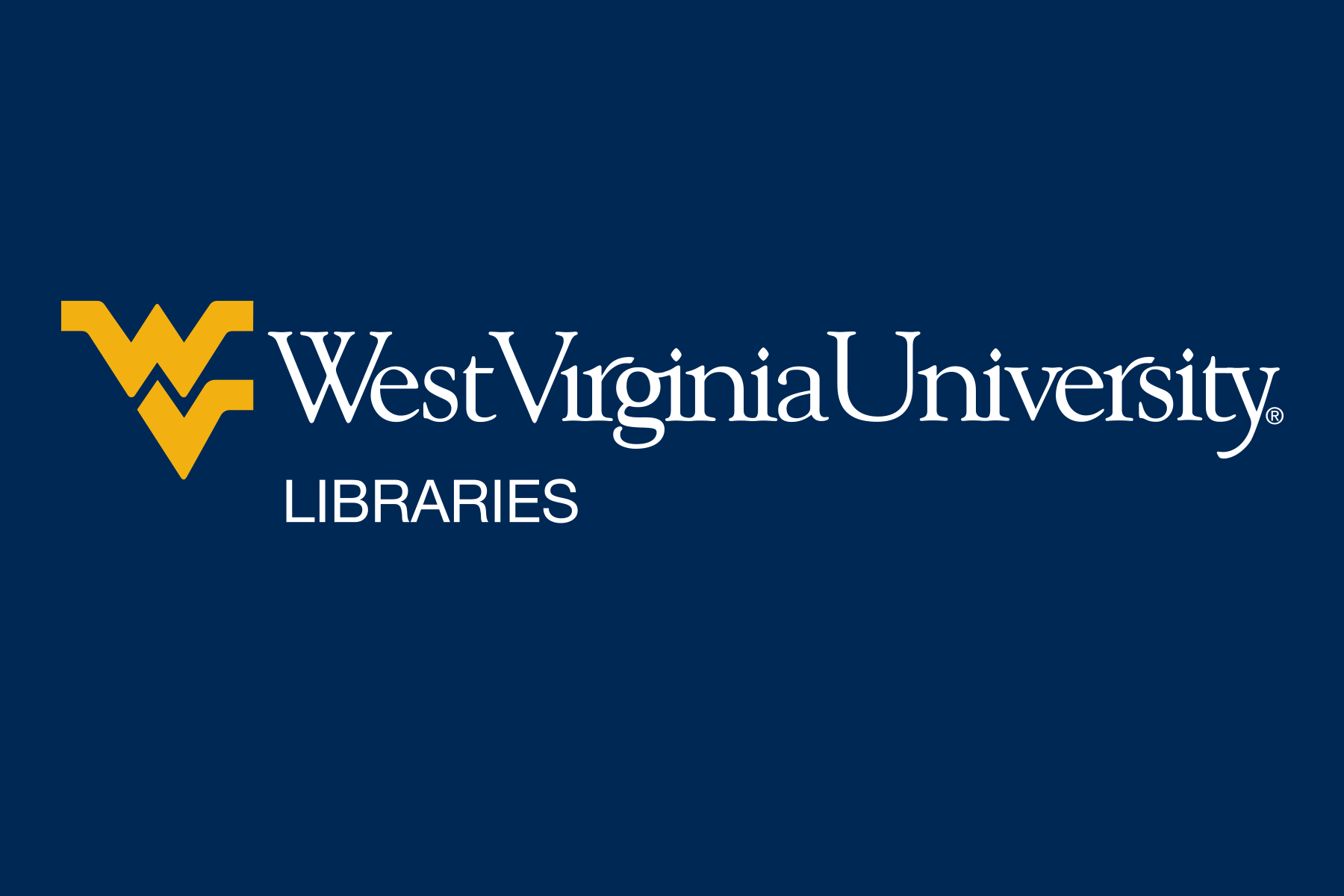Content related to the 2021 American Indian Boarding School Workshop on this page includes
Selected current news coverage of Native American Boarding Schools from a mix of Native news sources and national/multinational news agencies and media groups, named beneath each article link.
The adult learning theory of Malcolm Knowles INFOGRAPHIC
Shoshin in Zen Buddhism means the open mind of a beginner
A disciplined and thorough examination of a small passage of text
Looking beneath the material trappings of culture, Edward T. Hall, 1976, model from Beyond Culture
A model focused on multiple aspects of student achievement and supporting students' cultural identities, calling for students to develop critical perspectives and challenge societal inequalities (video on K-12 with CRP and primary sources)
A deliberate examination and active thinking through of a text
Disparity between those with and without internet access
Essential Questions by Jay McTighe and Grant Wiggins
Flexible ways of thinking about and approaches to evaluation at Better Evaluation
Access to information based on status, affiliation, or power
"The act of verifying what you're reading as you're reading it." ~ Terry Heick in This Is The Future And Reading Is Different Than You Remember
Five (5) key questions and core concepts of media literacy
Media literacy concepts and questions - simplified and applicable to many materials such as images, videos, text, artifacts, treaties, government documents:
Open Access resources are freely accessible to anyone with internet access
Open Educational Resources Commons
Guidelines and framework from CAST
Questions
Keywords
Warrior, Robert. Indian. In the hybrid print and digital book Keywords for American Cultural Studies, Third Edition, keywords outside the Library of Congress controlled vocabulary are explored in detail.
This learning activity provides the opportunity to add to our teaching and research toolkits
Students
What are the academic, social, physical, personal, and emotional needs of my students?
Assessment - questions on event assessment survey
Strategies:
Which teaching strategies will best facilitate my students' learning?
Materials
What materials and human resources do I need for the lesson to be successful?
Texts
Worksheets for notes
Media
Technology
Procedures and timeline
Steps of the lesson
